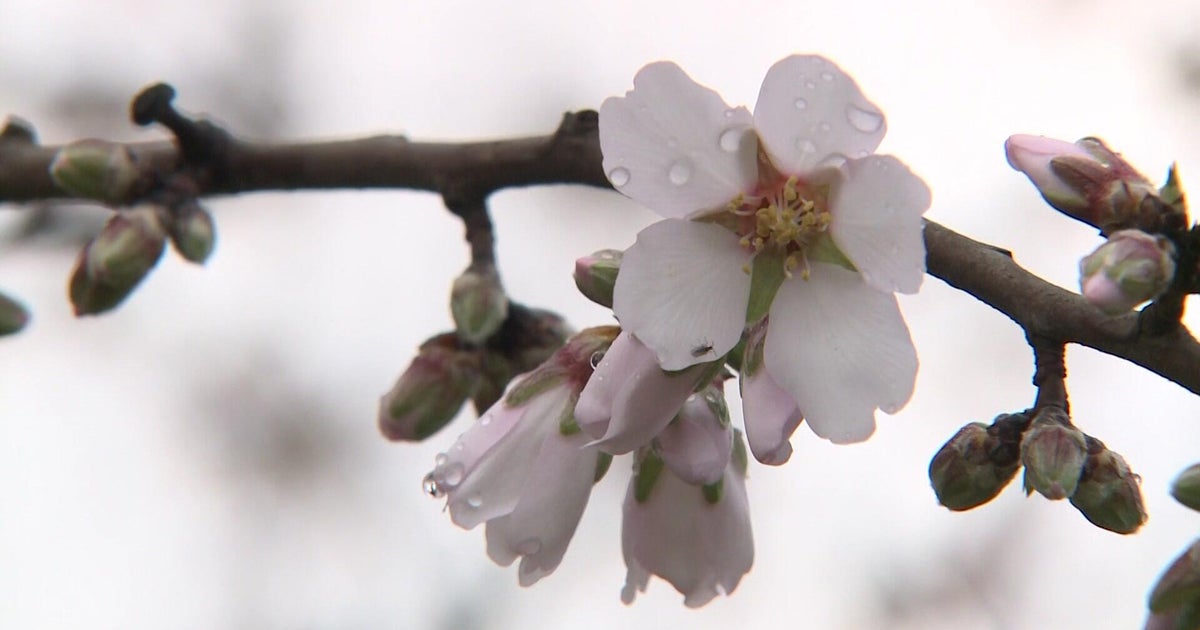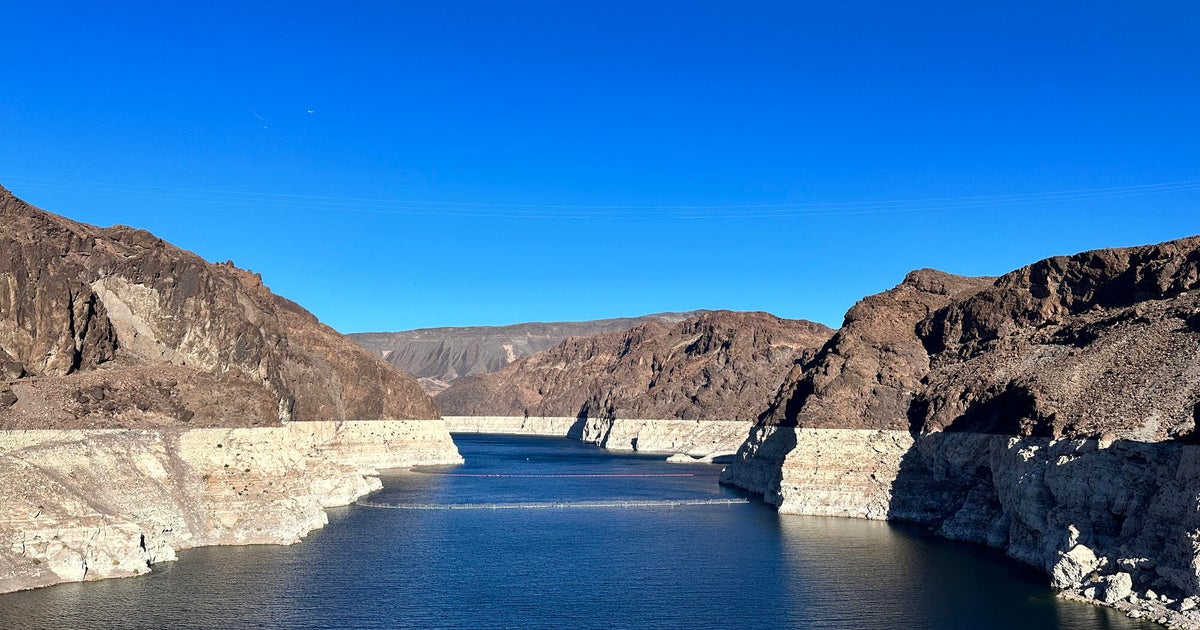Significant Algae Bloom Predicted For Lake Erie
TOLEDO, Ohio (AP) - Lake Erie will have a significant bloom of toxic blue-green algae in its western basin this summer, though it isn't expected to be as large last year's or the record-setting 2011 outbreak, researchers in northern Ohio predicted Thursday.
Algae blooms during the summer have become more frequent and troublesome in Lake Erie, the shallowest of the five Great Lakes. They have threatened the lake's tourism and fishing industries, and toxins produced by the algae have contributed to oxygen-deprived dead zones where fish can't survive.
The forecast released Thursday - the third such annual outlook - was announced by officials with Ohio State University's Sea Grant Program and the National Oceanic and Atmospheric Administration.
Measurements of phosphorus runoff along the Maumee River near Toledo earlier this year and heavy spring rainfalls had hinted at the possibility of a massive algae bloom like the one in 2011 that spread from Toledo to Cleveland.
Phosphorus from farm fertilizer runoff and sewage treatment plants feeds the algae, which leave behind toxins that can kill animals and foul drinking water.
Some cities that draw their drinking water from the lake have been forced to spend more money lately to test and treat the water. Toledo estimated it spent an extra $1 million last year to combat the toxins.
Ohio lawmakers earlier this year took a step toward tackling the algae issue, coming up with a law that in three years will require most farmers to undergo training and be certified by the state before they use commercial fertilizers on their fields.
The Ohio Farm Bureau Federation and other agriculture industry groups have been asking farmers to take proactive steps for more than a year and do their part to reduce phosphorus runoff before government regulators step in and impose their own restrictions.
The International Joint Commission, an advisory agency made up of Canadian and U.S. officials, released a report last summer that said urgent steps are needed. It recommended that governments in both countries require "best management practices" to reduce phosphorus applied to fields.
© Copyright 2014 The Associated Press. All Rights Reserved. This material may not be published, broadcast, rewritten or redistributed.







